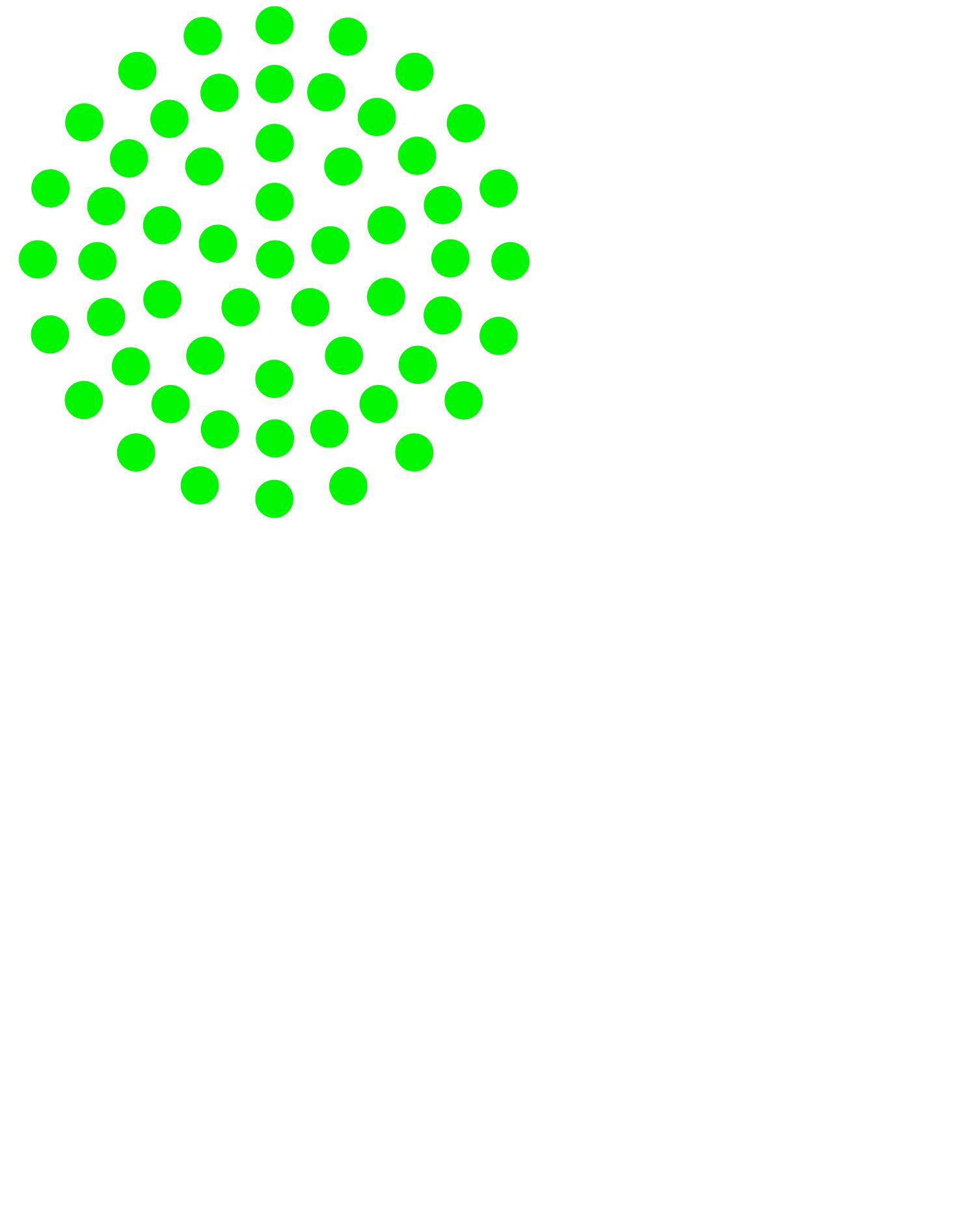
Not a Distant History
The transatlantic slave trade was the largest forced migration in human history—an unparalleled crime against humanity that saw an estimated 15 million men, women, and children stolen from Africa and forced into brutal labor to fuel colonization. Entire societies were torn apart, and the legacy of this atrocity still echoes today.
While slavery in the United States was abolished in 1865, the struggle for racial justice continues. Systemic inequality, economic exclusion, and environmental racism remain daily realities for the descendants of those taken. Though we cannot change the past, we can grow a new connection between Africa and the Americas—one rooted in justice, healing, and hope.

Climate Breakdown
in the Sahel:
A New Form of Displacement
Today, the Sahel region—including The Gambia—is on the frontline of another crisis: climate breakdown. Rising temperatures, deforestation, and desertification are making it harder to grow food, sustain livelihoods, and build futures. For many young people, migration has become a last resort.
But migration is not the problem—forced migration is. The reality is that few people want to leave their homes, families, and cultures behind. Yet an unfair global economic system and a climate crisis—one they did not create—have stripped them of options. Instead of building barriers, we must address the root causes of displacement.
This is what the Atlantic Slave Memorial seeks to do. By planting 15 million trees along the Northern Bank of the Gambian River, as part of the Great Green Wall Initiative, this living memorial will:
Restore degraded lands and fight desertification
Strengthen communities by making the land productive again
Inspire action across Africa in the fight against climate change
Create jobs and opportunities for young Gambians
A Transatlantic Movement for Change.
In the United States, the Atlantic Slave Memorial will go beyond remembrance—it will drive education, economic empowerment, and racial justice initiatives. It will support artistic and cultural programs to tell untold stories
Educational initiatives that connect African and African-American histories
Business and community development to advance equity and opportunity


